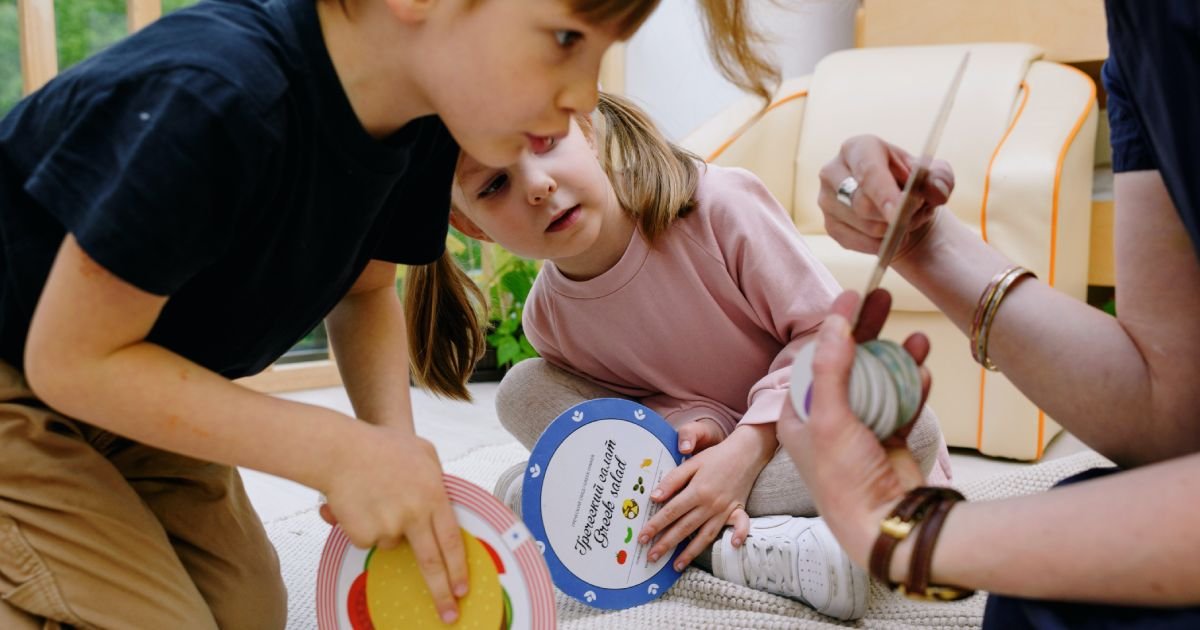An Aunt retired as a school teacher and decided to commute all her pension into a lumpsum payout. A few years later she regretted the decision. While the lumpsum looked like a good amount to be able to invest and grow one’s money, managing that in a way that it generates sufficient regular income was a tough ask, especially since she didn’t have a deep understanding of financial products and relied mostly on others to make these decisions. In hindsight, a funded pension coming in as a regular income post-retirement seemed like a simpler solution.
There are many other factors at play here, the rest of her savings, her husband’s pension and so on. What is commendable in this event is that throughout the decision making, she was the one making the choices and taking the initiative about retirement savings from her lifetime income. However, her lack of awareness and lack of prior planning had let her down.
Science shows that women tend to outlive men; whether you are a working woman or a homemaker, it is your responsibility to start thinking about your retirement income and give yourself the room to plan better.
You know the expenses well
Thanks to all the years of managing the household budget, you will have a better understanding of how much your potential expenditure can be post-retirement. If you are unsure, then do this simple exercise. Add up all your current monthly expenses and then deduct those which you think will not exist when you retire. For example, you can reduce expenses on children, reduce some entertainment expenses, fuel expenses and so on. If you live on rent and plan to buy your own place before retirement then reduce that amount too. Hopefully, you would have paid off all your outstanding loans by the time you or/and your spouse retires, if not, then add in the monthly repayments too.
The calculations need not be perfectly accurate, rather the objective is to give you a sense of what your monthly expenditure pot is going to look like. Take the final figure you arrive at and inflate it by 6% every year, for the number of years that are left to reach retirement. If you have another 10 years to lead a retired life, then multiply to increase your expenditure by 6% for each of these years. What we are doing is accounting for basic inflation of prices in the economy and assuming that to be 6% each year. It may be more or less in reality but at the moment 6% is a fair assumption on inflation.
Say, your monthly adjusted monthly expenditure comes to ₹1 lakh, ten years later, inflated at around 6% will take this figure to a value of ₹1.8 lakhs. This is the figure you need to work with as your monthly expenditure post-retirement, at least to begin with.
As the person running the household spends, you are in the best position to make this number as accurate as possible. It is critical because this is what will determine how you manage your retirement savings and any pension that you receive. Remember, you have to stretch your money post-retirement so that it lasts longer than you do.
Account for medical costs
This is one expense that you probably don’t have keyed into your monthly expense sheet today. However, it is something that will increase over time. While having a Mediclaim policy or health insurance will take care of any large medical spends in hospitals. You, however, have to account for some monthly expenditure on regular medicines, ad-hoc blood tests and doctors visits. Inflation in the medical industry is a lot more than 6% a year and likely to get more expensive as the years move on.
If you are going to outlive your spouse there is a high chance that your future medical expenses will only increase.
In a changing, dynamic world there will be fewer instances where elderly parents can take living with their adult children’s family for granted. Jobs are too mobile now and uprooting yourselves just to move with your children post-retirement is going to make you unhappy. Moreover, we must face the fact that lives have gotten busier now. Moving with your children is fine, but you may find yourself being too lonely. At the same time, living alone can be dangerous, especially if your spouse is no more. This might mean that you have to make the hard choice of hiring a qualified nurse or attendant for many years to take care as you live by yourself. Alternatively, you may think of moving into a senior care facility. Once again both these options will cost a lot and you have to try to budget that into your retirement savings plan.
It’s sobering to think of these events happening to oneself, but getting old is pretty much part of the process and you can’t wish it away.
Visualise your lifestyle
You have planned every aspect of your household while the active income years are on, then why not participate equally in visualising what retirement will look like. This is just as important as your everyday life today. Visualising means, thinking about where you will live, how your lifestyle will look and what other plans you may want to put in action during retired life. Many individuals and couples wish to travel post-retirement or work for a cause that helps them give back to society and so on. Whatever your plan is you must first visualise and then understand that everything comes with a price tag for which you need to plan, save and invest.
It’s is all achievable and possible as long as you are aware and understand the need to start saving and investing those savings. Visualising clearly helps you put an accurate price tag on your retirement, the more accurate it is the more achievable you can make it. There are no short cuts though, to achieving this. It’s a simple but long and boring road of saving and investing as early as possible to get to the destination of a desired retired lifestyle.
Women not only outlive men but are also known to be a lot more conservative than men when it comes to money matters. But in planning your retirement you need to shed this belief and take on the challenge with all your might. Unless you are aware and take on the initiative to plan this right you may be left wanting in the years that matter the most. With age our control on health reduces and hence, we must be prepared. Whether you are single, married, working or a stay at home woman, get started on your retirement planning now, take on an equal role with your spouse and do the homework behind the numbers. Be in control of the finances for the time in your life when many other aspects might seem like they are out of your control.







0 Comments